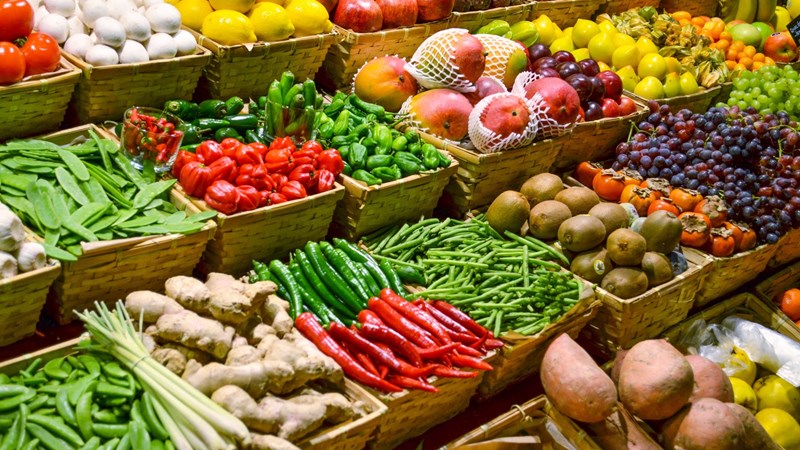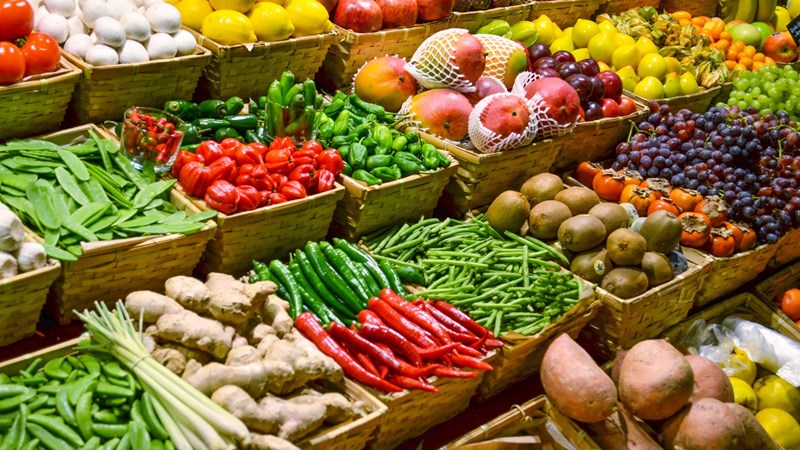
VGP - In order to achieve the export target and meet stringent requirements set by various markets worldwide, Vietnamese fruit and vegetable businesses must strive to improve quality and achieve the export goals of US$10 billion by 2030.

Vietnamese fruit and vegetable businesses seek to meet global demands
Despite the COVID-19 impact, Vietnamese fruit and vegetable exports increased by 6.1% in the first three months of the year compared to a year ago, reaching US$944 million.
The boost was largely attributed to Viet Nam's successful containment efforts of the COVID-19 pandemic, accoriding to the Ministry of industry and Trade (MoIT).
The country mainly exported the items to China, its largest trade partner, during the initial two months of the year, raking in US$352.83 million, up 17.5% against the same period from last year.
China was followed by such markets as the United States, Thailand, Japan, and the Republic of Korea.
Similarly, Vietnamese fruit and vegetable exports to Chinese Taipei, Australia, and Malaysia have all skyrocketed, surging by 43.1%, 30.6%, and 32.5%, respectively compared to last year's correcsponding period.
Economic experts reveal Vietnamese fruit and vegetable businesses have also boosted their exports to many other large markets with great potential, including Egypt, Kuwait, Ukraine, and Senegal since the beginning of the year.
Vietnamese fruit and vegetable sector targets export revenue of $10 billion
The country expects to gain US$8-10 billion from shipping fruits and vegetables abroad, with revenue of processed products accounting for at least 30% of the total by 2030.
To achieve these goals, under a project to develop the fruit and vegetable process sector during 2021-2030 recently approved by the Prime Minister, Viet Nam targets to attract investment in 50-60 fruit and vegetable processing establisments, and build several modern groups and enterprises who have good competitive capacity.
With a view to achieving the goals, Viet Nam will invest heavily to improve processing ability, give priority to processing key fruits and vegetables which have high values, set up material zones, and develop markets for the products.
Additionally, the country will establish specialised fruit and vegetable cultivating areas which are able to provide some 5-6 million tons of high-quality products for processing by 2030./.
Source: Chinhphu.vn